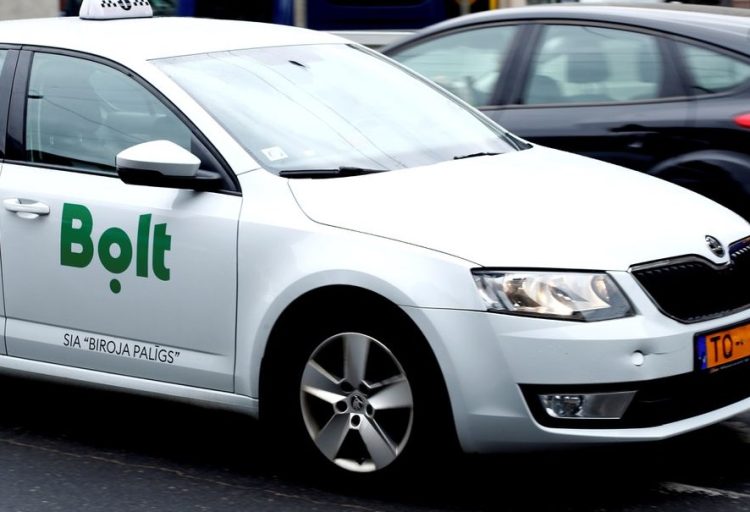News
Fear and Frustration: Soweto Violence Leaves Bolt Drivers Stranded

When driving becomes a risk, not a livelihood
For years, thousands of South Africans have turned to e-hailing as a way to build a steady income and support their families. But in Soweto, fear has crept into a business once celebrated for offering flexible work.
This month, the murder of an e-hailing driver, his car set alight in a violent confrontation with rival taxi drivers, has cast a long shadow over the industry. For many Bolt drivers, the road now feels like a trap rather than an opportunity.
Carel Pieterse* (not his real name), who had been with Bolt since 2019, says the Soweto killing was the final straw. “Business is dead. It’s not safe for drivers or clients anymore. I had to return my car to the bank after four years of hard work. I know others who will have to do the same soon.”
The long struggle of Bolt drivers
Pieterse’s story echoes a wider frustration. Drivers describe an industry where their cars, earnings, and safety are constantly at risk. Many say Bolt has offered little protection or support, even as attacks and intimidation intensify.
“The violence is destroying families. We can barely put food on the table,” Pieterse said. He explained how once-profitable sedan work has been undercut by the rise of cheaper hatchback cars in Bolt’s economy categories, leaving drivers fighting for scraps. “Maybe one in 29 trips comes your way now. We handed in memorandums, but nothing changes.”
This isn’t the first time e-hailing drivers have raised concerns. Since Bolt entered the South African market as Taxify, drivers have faced robberies, strikes, and threats. Many still recall the early years, when GPS blind spots and app flaws made them sitting ducks for crime.
Taxi rivalry or something darker?
Civil society has also weighed in. Not In My Name international secretary-general, Themba Masango, has condemned the violence in stark terms: “This coercion must end immediately. Fear, threats, or murder is terrorism, not competition.”
The words cut to the heart of what many feel, that this isn’t just rivalry, but an organised campaign of intimidation against e-hailing operators.
The government steps in, slowly
Government officials have acknowledged the crisis but remain cautious. Justice Minister Mmamoloko Kubayi has argued that the taxi industry must remain a key part of the economy but should also “embrace competition to ensure service excellence.”
Transport Minister Barbara Creecy has promised that new regulations, through the National Land Transport Amendment Act, will finally level the playing field. Under the new rules, e-hailing drivers will no longer be forced to rely on outdated charter permits and metered taxi licences, a move many hope will ease tensions.
Public reaction: “We just want safe rides”
On social media, South Africans are voicing both anger and despair. Riders lament the shrinking pool of available cars in Soweto, while drivers across Gauteng share warnings in WhatsApp groups about “no-go zones” after dark. One user wrote: “If Bolt can’t protect drivers, they can’t protect passengers either.”
At the same time, some community voices are calling for calm, urging government and industry players to work together rather than letting violence dictate the future of urban mobility.
More than a gig
For drivers like Pieterse, though, change can’t come fast enough. “We joined to make an honest living, but now we’re left with debt and fear. It’s no longer just a gig, it’s survival.”
The Soweto violence has turned what should be a convenience into a crisis, raising urgent questions about how South Africa balances its proud taxi industry with the realities of a digital transport era.
{Source: The Citizen}
Follow Joburg ETC on Facebook, Twitter , TikTok and Instagram
For more News in Johannesburg, visit joburgetc.com



























